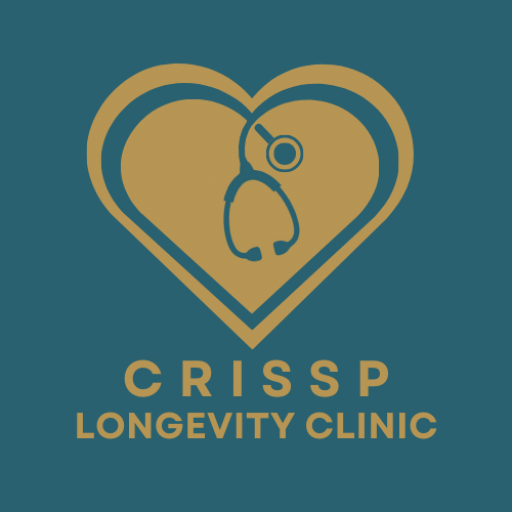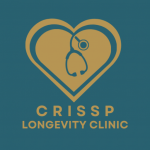Why Your Oral Care is a Toxic Trap & How to Avoid It
Hi, I’m Dr. Kunj, and today we’re going to talk about how you can eliminate microplastics from your oral care routine. We’ll discuss the new research showing why it’s so important to address this issue—and just how easy it is.
In March 2024, a fascinating article was published in the New England Journal of Medicine. The study examined microplastics in the carotid artery plaque of 300 patients. It found that if patients had plastic in their carotid artery plaque, they were four and a half times more likely to experience a major cardiac event during the nearly three-year follow-up period.
By contrast, studies on smokers show only a twofold hazard ratio for major cardiac events. That makes this finding particularly significant. Another study, widely discussed in the press, revealed that virtually all human testicles tested contained microplastics—so it looks like supermodels aren’t the only ones with plastic parts anymore!
Well, Mr. Smith, the good news is you’re in vogue. The bad news is your body’s trending in all the wrong ways.
Microplastics have also been found to cross the blood-brain barrier, which means they can end up in our brains. Fortunately, there’s now a test from Brian Johnson that can measure your level of microplastics. Experts even say we consume about a credit card’s worth of plastic each week. Capital One now asks, “What’s in your stomach?” rather than, “What’s in your wallet?”
So, what’s the takeaway? There are actually things you can do to reduce your microplastic exposure—and that’s why you should care. The main strategy is to decrease the amount of plastic you introduce orally. Stop fueling the fire, and start by examining your oral care routine. Virtually everything in the conventional routine is made of plastic: the toothbrush, the bristles, the toothpaste tube, and the floss. However, there are plenty of alternatives.
One of the easiest changes is to switch from an electric toothbrush made of plastic to a bamboo toothbrush with non-plastic bristles. Still, based on a Cochrane review showing a 21% reduction in plaque after three months of use, I generally recommend a powered toothbrush. Thankfully, there are now bamboo-handled, battery-operated brushes on the market.
Next, consider toothpaste. There are many brands packaged in glass, but which should you choose? It’s important to pick one containing fluoride, despite any controversy. Cochrane reviews have clearly shown that fluoride toothpaste is more effective than non-fluoride toothpaste. Also, if you don’t swallow your toothpaste, it doesn’t significantly increase systemic absorption. As for foaming versus non-foaming, research suggests non-foaming toothpaste is just as effective and causes fewer mouth ulcers.
If you’re looking for a fluoride, non-foaming toothpaste in a non-plastic container, there’s a German-made option, as well as some products on Amazon—though those often contain numerous ingredients with unclear purposes. Regarding oral irrigators like a Waterpik, I haven’t yet found a non-plastic version. And be cautious: some floss products marketed as eco-friendly, such as Dr. Tongue’s, are actually made from polyester. Fortunately, there are several flosses made from natural materials like silk. Choose whichever you prefer.
By the way, is it better to floss before or after brushing? One study showed that flossing first is clearly more effective at removing incidental plaque than flossing afterward.
Ultimately, this is about Adam Smith’s “invisible hand.” If we, as educated consumers, demand healthier, less toxic products, manufacturers will respond by creating them. That’s our goal: to shift the market toward a less toxic world so we can be microplastic-free. I’ve provided links to all the studies mentioned, as well as information on some of the products. Like and subscribe. Thanks!

 (415) 851-3502
(415) 851-3502